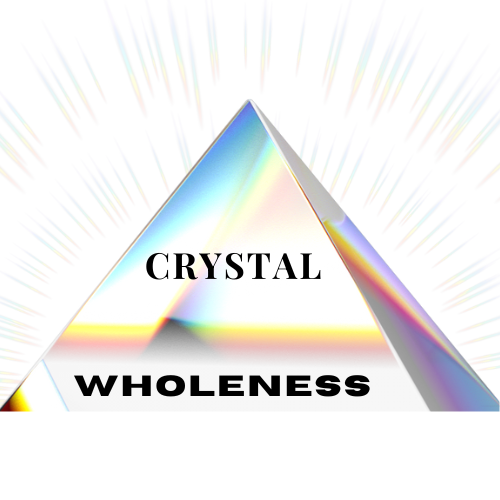Herbal Infusions & Teas
Have you ever enjoyed sipping a warm cup of tea that has a pleasing flavor and is soothing to drink?
I’ve been an herbal tea fan for quite a while, but it has been taken to the next level once I began to study and realize how simple tweaks of how I make my teas and what I put in them can turn something tasty and soothing into something powerfully healing as well.
Since get certified in herbalism and widening my training on natural healing and medicine, I have gotten much more comfortable in making medicinal teas that are not only great for our health, but have wonderful flavors and aromas as well.
Let’s read on to learn a little more about teas and herbal infusions!
DID YOU KNOW?! The act of combining water and herbs to make a tea is one of herbalism’s foundational remedies.
Tea can refer to any type of water-based preparation, whether it’s herbal, medicinal or your typical southern sweet tea or breakfast tea variety.
Tea can also refer to small amounts of herbs, steeped for a short amount of time. Herbs like chamomile, peppermint, or even ginger and lemon tea are commonly used.
An infusion, sometimes called an herbal infusion, is made when a large amount of plant material, often an ounce, is steeped for several hours to overnight. This extended steeping time helps to extract vitamins and minerals, which aren’t readily extracted with shorter steeping times. Many times this preparation is used for nutrient-dense herbs. It is a wonderful way to enjoy increasing flavors as well as health benefits from the teas.
For example, herbalists commonly use nettle (Urtica dioica) as a strong infusion. To make this, you would use 1 ounce or 30 grams of dried nettle leaf and steep it in 1 quart of just-boiled water for 4 to 8 hours.
Another term we can go ahead and discuss is a decoction. A decoction is when herbs are simmered for minutes or even hours. The extended high heat helps to break down strong herbal materials like roots, barks, seeds, and hard mushrooms.
The difference in what and how you make these really depends on what material you are using, for what purpose, and the benefits of the actual herbs you are using. It is fine to play around with as well.
Nutritionally, herbal infusions are also the gentlest and easiest ways to get herbs into the body and are more easily absorbed in smaller concentrates making teas perfect for beginners and those looking to support their health that aren’t quite sure or ready to dive into the more intense tinctures, extracts, and other “potions.”
I love tea, playing around with herbs, and being able to easily enjoy my medicine through a tasty cup of awesome. If you’d like to get started and aren’t sure where or how to begin with tasty and powerfully healing teas, you can check out my Shop for my latest featured tea blends and signature flavors. I make my teas with all organic products with a base of how it can help heal the body married with fun flavors.
What infusion would you like to try?
What health issue do you have now that you’d like to support with an herbal infusion?
I love chamomile with a little vanilla and honey in the evening to wind down
AND
peppermint or spearmint, or BOTH, in the afternoon for a pick-me-up.
What are your favorite tea flavors/herbal blends?
Until next time,
~ Crystal

